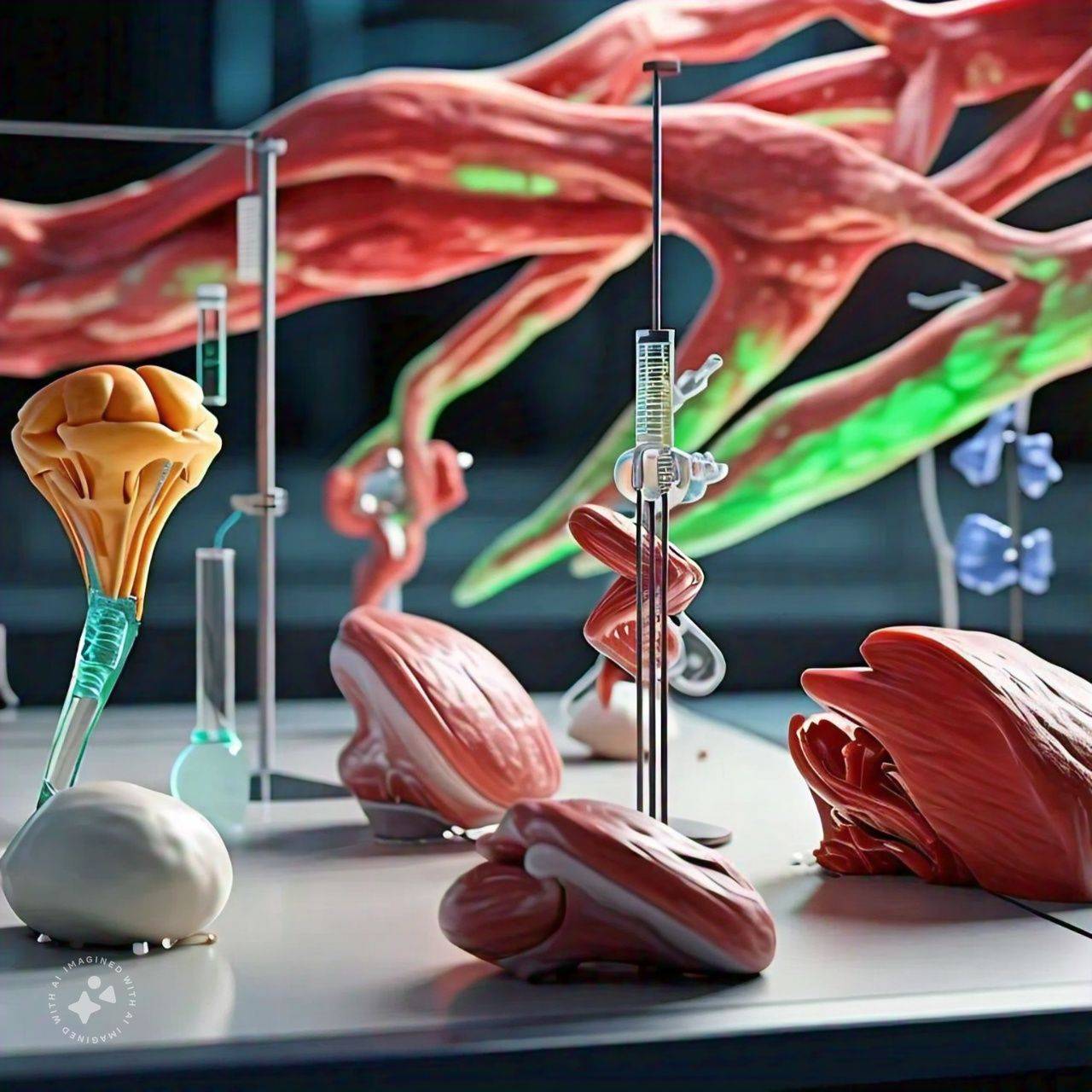Protein is often called the building block of life, and for good reason. It plays a critical role in maintaining, repairing, and building muscle tissue. Whether you're an athlete, a fitness enthusiast, or simply looking to stay healthy, understanding how protein supports muscle health is essential.
1. Protein: The Muscle's Foundation
Muscles are primarily made of protein. When you engage in physical activities like exercise or even daily tasks, muscle fibers experience small tears. Protein provides the amino acids needed to repair these tears, making the muscles stronger and more resilient over time.
2. Building Muscle Mass
When combined with strength training, protein intake helps stimulate muscle protein synthesis (MPS), the process by which your body builds new muscle tissue. Consuming adequate protein after workouts ensures your muscles recover and grow efficiently.
3. Preventing Muscle Loss
As we age, muscle mass naturally declines, a condition known as sarcopenia. Protein can slow this process by supporting muscle maintenance. It is particularly important for older adults to consume enough protein to preserve strength and mobility.
4. Protein and Recovery
Protein doesn’t just help build muscles—it also speeds up recovery. After intense physical activity, your muscles may feel sore or fatigued. Protein helps reduce recovery time by repairing tissues and reducing inflammation.
5. Best Sources of Protein
To support muscle health, include high-quality protein sources in your diet:
Animal-Based Proteins: Chicken, fish, eggs, dairy, and lean beef.
Plant-Based Proteins: Lentils, chickpeas, tofu, quinoa, nuts, and seeds.
Protein Supplements: Whey or plant-based protein powders are convenient options for those with higher protein needs.
6. How Much Protein Do You Need?
The amount of protein required depends on your activity level, age, and goals:
General Recommendation: 0.8 grams of protein per kilogram of body weight daily.
Active Individuals: 1.2–2.0 grams per kilogram of body weight, especially if engaging in regular strength training.
Tips for Getting Enough Protein
1. Start with Breakfast: Include eggs, Greek yogurt, or a protein smoothie.
2. Snack Wisely: Grab a handful of nuts or a boiled egg.
3. Plan Post-Workout Meals: Aim to consume a protein-rich meal within 30–60 minutes of exercise.
4. Mix It Up: Combine animal and plant-based proteins for variety and balanced nutrition.
Protein is vital for muscle repair, growth, and overall health. By including adequate high-quality protein in your diet and pairing it with regular exercise, you can maintain strong, healthy muscles for life. Whether you’re an athlete or simply want to age gracefully, protein is your ally in achieving your health goals.
Image idea: A smiling individual lifting weights, with text overlay: "Strong muscles start with the right nutrition."




No comments yet
Be the first to share your thoughts!